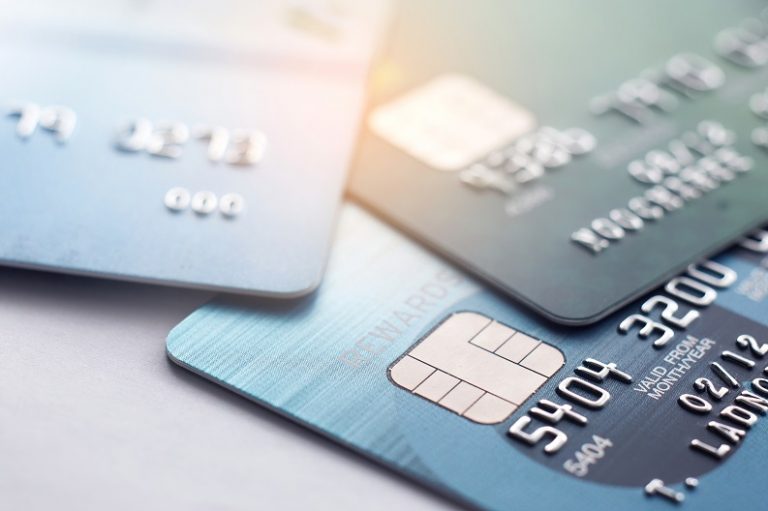Paisabazaar app Today!
Get instant access to loans, credit cards, and financial tools — all in one place
Our Advisors are available 7 days a week, 9:30 am - 6:30 pm to assist you with the best offers or help resolve any queries.
 Get the App
Get the App

Get instant access to loans, credit cards, and financial tools — all in one place

Scan to download on

Our Advisors are available 7 days a week, 9:30 am - 6:30 pm to assist you with the best offers or help resolve any queries.

When used responsibly, credit cards can help you save a considerable amount on your spends and, at the same time, build a strong credit score. However, often due to a lack of awareness, many users fail to maximize the benefits offered on their cards. Reckless use of credit cards can also lead to a debt spiral, which could be difficult to manage. Hence, it is important to understand the rules of responsible credit usage to make the most of your credit cards.
Each credit card is tailored to specific categories and offers benefits accordingly. Hence, it is important to understand your spending patterns and choose the right credit card that aligns with your preferences. For instance, if you frequently shop online, opt for a credit card that offers accelerated benefits on online shopping. On the other hand, if you are looking for shopping, travel, and dining benefits in a single credit card, you should look for an all-rounder card with more comprehensive benefits.
One of the most common reasons why people fall into debt is missing bill payments or paying only the minimum amount due. Missed or partial payments not only lead to high interest charges but can also damage your credit score. When you pay the minimum due, interest is levied on the unpaid balance, and all the new purchases also become ineligible for the interest-free period and attract finance charges from the first day. Due to these charges, even a small missed payment can lead to debt accumulation. To avoid this, you must always pay the total amount due on your card on or before the due date.
Similar rules apply to cash withdrawals. They do not qualify for the interest-free period and until you pay off the amount, new transactions also attract finance charges. This is why you should avoid withdrawing cash using your credit card.
Most credit cards cater to one or two major categories on which you would get higher value-back. Some cards may also offer higher rewards or cashback with select merchants. It is important to use the right card for the right purchase to maximize your benefits. For example, if you have a co-branded credit card, using it for your purchases on the associated brands will provide maximum benefits.
You should also be aware of the excluded categories where you do not get any benefits. Moreover, credit card reward points generally come with expiration dates. To ensure you do not miss the benefits, you must keep track of your reward points and redeem them before they expire.
Credit Utilization Ratio (CUR) is the percentage of total available credit that you are using, and it affects your overall credit health. When you max out your credit cards often and are not able to clear your dues on time, it shows that you are a credit-hungry borrower and highly dependent on credit. This might increase your CUR, which could negatively affect your credit score. In such scenario, lenders may not be willing to extend additional credit to you, which could make it difficult to avail loans or credit cards. Hence, maintaining a low CUR is important.
If you own a single credit card and your spends are rising, it may be difficult to maintain a low CUR. In such cases, you can request a limit increase on your existing card or opt for a new credit card, which will add to the overall credit limit available with you and lower your CUR.
Once you have a credit card, it is important to check your credit report at regular intervals. Sometimes, your report might display incorrect information, such as the wrong credit card or loan account. These mistakes could be due to clerical errors by the bureau or lender. However, if unnoticed, such inaccuracies can have a lasting negative impact on your credit score. Hence, whenever you notice any such error in your report, you should get it rectified at the earliest.
By following these simple rules, you can make optimum use of your credit cards and save yourself from credit card debt. This will also help you build a healthy credit profile and get access to better credit in the future.
Note: An edited version of this article was published on The Hindu on 21st Oct 2024.
Read More Articles
| 6 Costly Credit Card Mistakes You Must Avoid | Should you close unused credit cards? |
| Are Air Miles Credit Cards a Smart Choice for Frequent Flyers? | Cashback vs. Rewards Credit Cards: Which is better? |